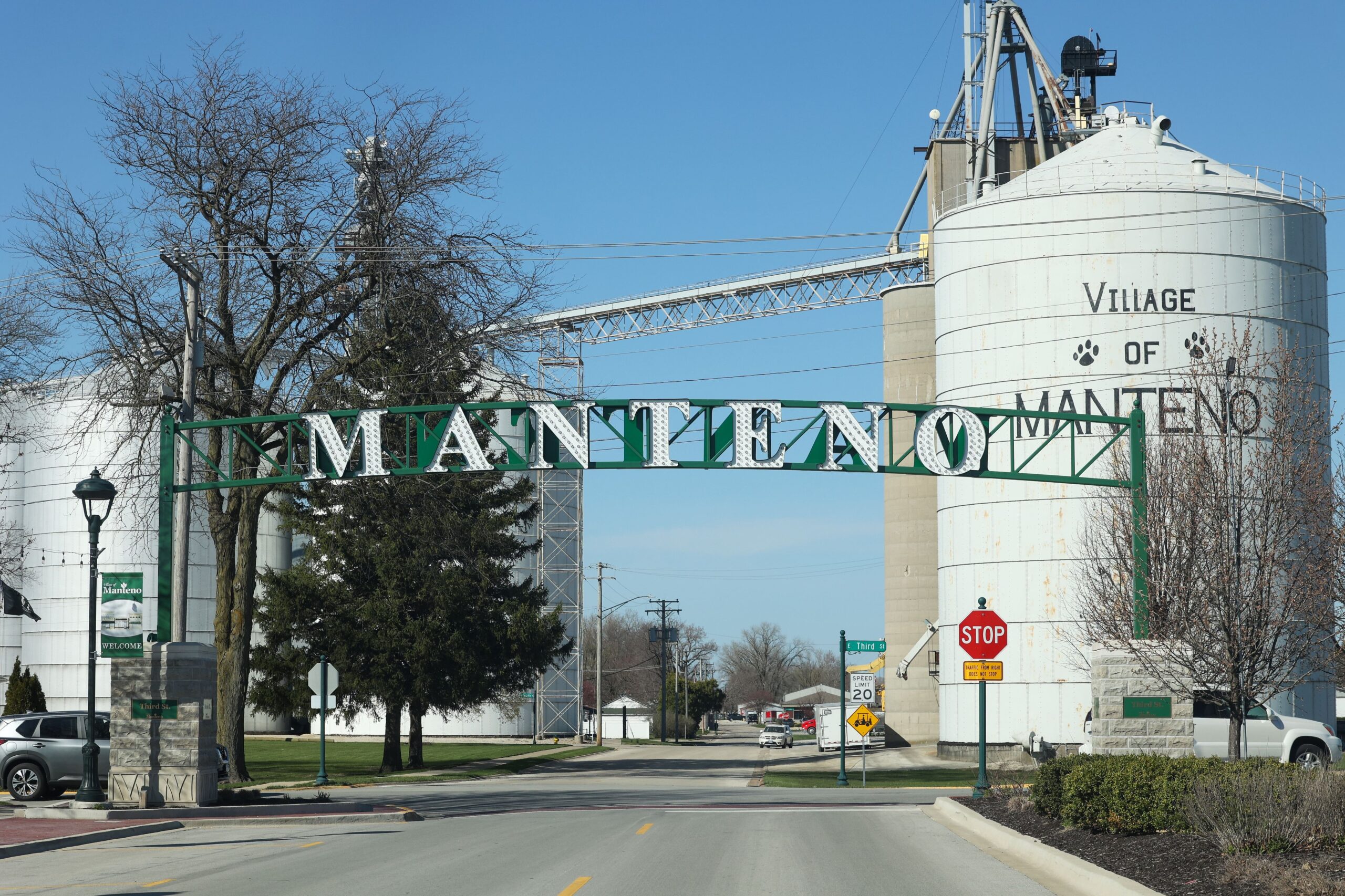Business
Kankakee County Expands Hotel Tax to Short-Term Rentals

Kankakee County is set to enhance its revenue-generating strategies by extending the existing hotel tax to include short-term rentals. This change, mandated by the state, will apply to platforms like Airbnb and VRBO, according to Nicole Gavin, the executive director of Visit Kankakee County. The tax, which stands at 5% of each stay, aims to bolster funding for tourism initiatives in the area.
During a public comment session at the Manteno Village Board meeting, Gavin emphasized that the tax will not burden local residents or business owners. Instead, it will be paid entirely by visitors. “It’s a small lodging fee that travelers are used to paying for in Illinois and throughout the entire country,” Gavin stated. She highlighted that similar measures have been successfully implemented in various communities across the state, including Champaign and Springfield.
Gavin pointed out that revenue from tourism significantly impacts the local economy. According to research, visitors contributed $167 million to Kankakee County, generating over $6.8 million in local tax revenue. This influx of cash translates to an average saving of over $1,300 per household and supports more than 1,200 jobs in the county. “Without that visitor spending, the dollars to make up would fall on our residents here,” she noted, underscoring the importance of tourism in maintaining lower taxes and supporting local infrastructure.
Data from AirDNA, a platform specializing in short-term rental analytics, reveals that Kankakee County currently has 144 short-term rentals, with 15 located in Manteno. Gavin reported that these rentals generated over $2 million in 2024 and are projected to exceed $3 million this year. The average nightly rate for these properties across all municipalities is $155, with an occupancy rate of 48%.
The potential financial impact on Manteno is notable. Gavin estimated that the 15 properties in the village could yield $33,480 per month, resulting in an annual hotel tax revenue of approximately $20,088. “It’s one of the few ways to grow tourism funding without asking residents to pay more,” she explained.
Visit Kankakee County operates on a budget of just under $450,000 per year, providing marketing support and access to visitor data for local businesses. Gavin clarified that the village only needs to adopt an ordinance to begin collecting the hotel tax, similar to the existing arrangements for its two hotels.
Village Administrator Chris LaRocque indicated that the matter will be discussed at the upcoming building and zoning committee meeting. Meanwhile, the city of Kankakee has already established mechanisms to collect the tax on short-term rentals, and Kankakee County is expected to explore this avenue shortly.
As the region seeks to capitalize on the growing trend of short-term rentals, the expansion of the hotel tax represents a strategic move to enhance tourism funding while ensuring that the financial responsibilities remain with visitors rather than local residents.
-

 Science3 months ago
Science3 months agoToyoake City Proposes Daily Two-Hour Smartphone Use Limit
-

 Health4 months ago
Health4 months agoB.C. Review Reveals Urgent Need for Rare-Disease Drug Reforms
-

 Top Stories4 months ago
Top Stories4 months agoPedestrian Fatally Injured in Esquimalt Collision on August 14
-

 Technology3 months ago
Technology3 months agoDark Adventure Game “Bye Sweet Carole” Set for October Release
-

 World3 months ago
World3 months agoJimmy Lai’s Defense Challenges Charges Under National Security Law
-

 Lifestyle3 months ago
Lifestyle3 months agoVictoria’s Pop-Up Shop Shines Light on B.C.’s Wolf Cull
-

 Technology3 months ago
Technology3 months agoKonami Revives Iconic Metal Gear Solid Delta Ahead of Release
-

 Technology3 months ago
Technology3 months agoApple Expands Self-Service Repair Program to Canada
-

 Technology3 months ago
Technology3 months agoSnapmaker U1 Color 3D Printer Redefines Speed and Sustainability
-

 Technology3 months ago
Technology3 months agoAION Folding Knife: Redefining EDC Design with Premium Materials
-

 Technology3 months ago
Technology3 months agoSolve Today’s Wordle Challenge: Hints and Answer for August 19
-

 Business3 months ago
Business3 months agoGordon Murray Automotive Unveils S1 LM and Le Mans GTR at Monterey









